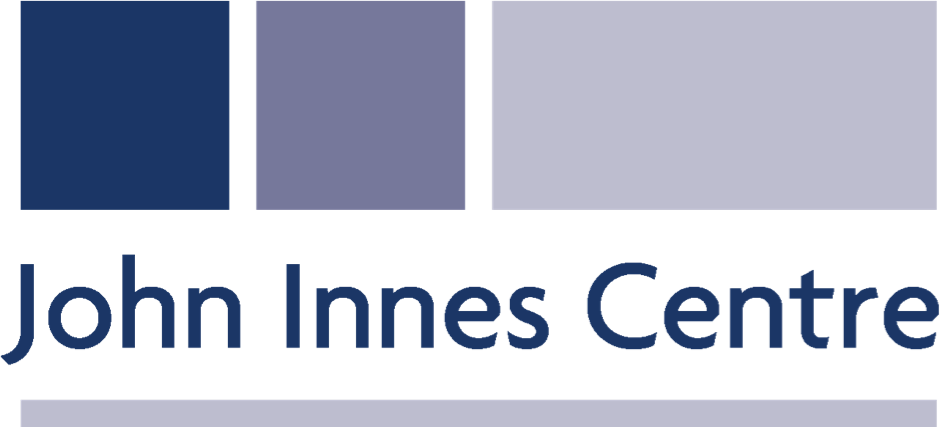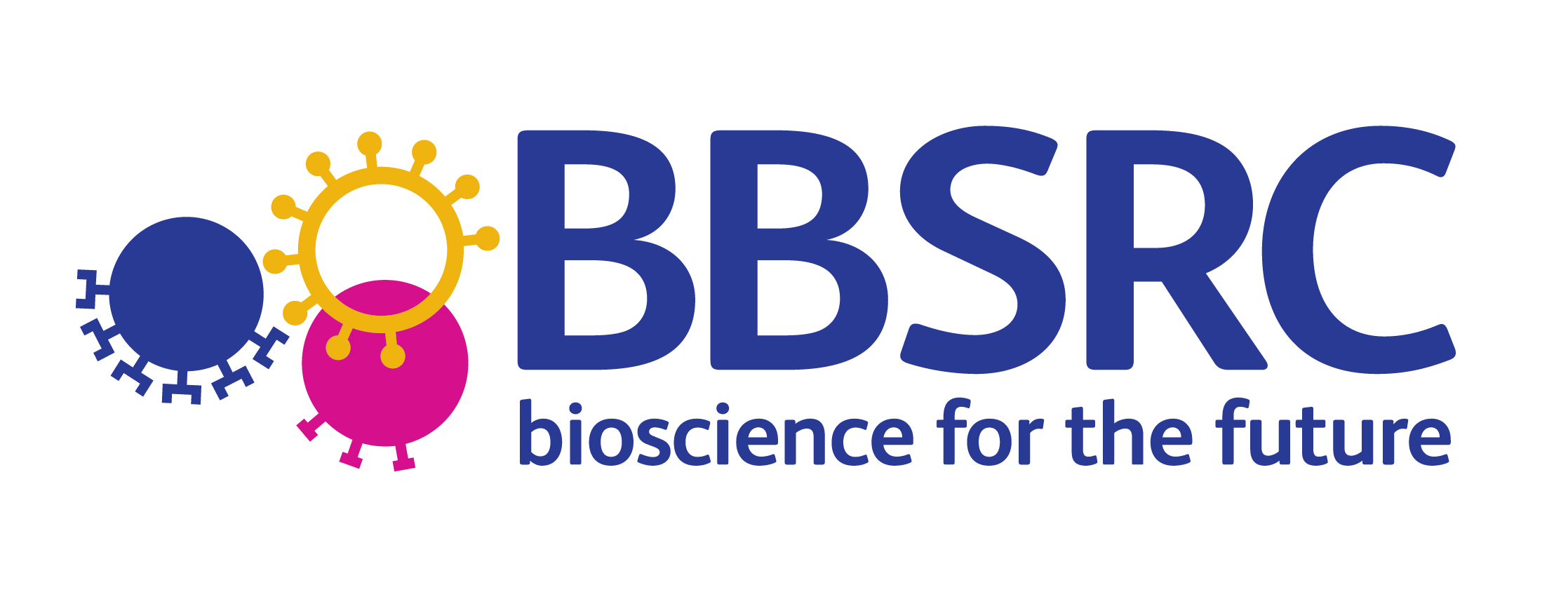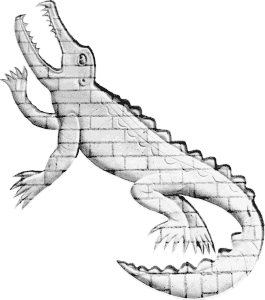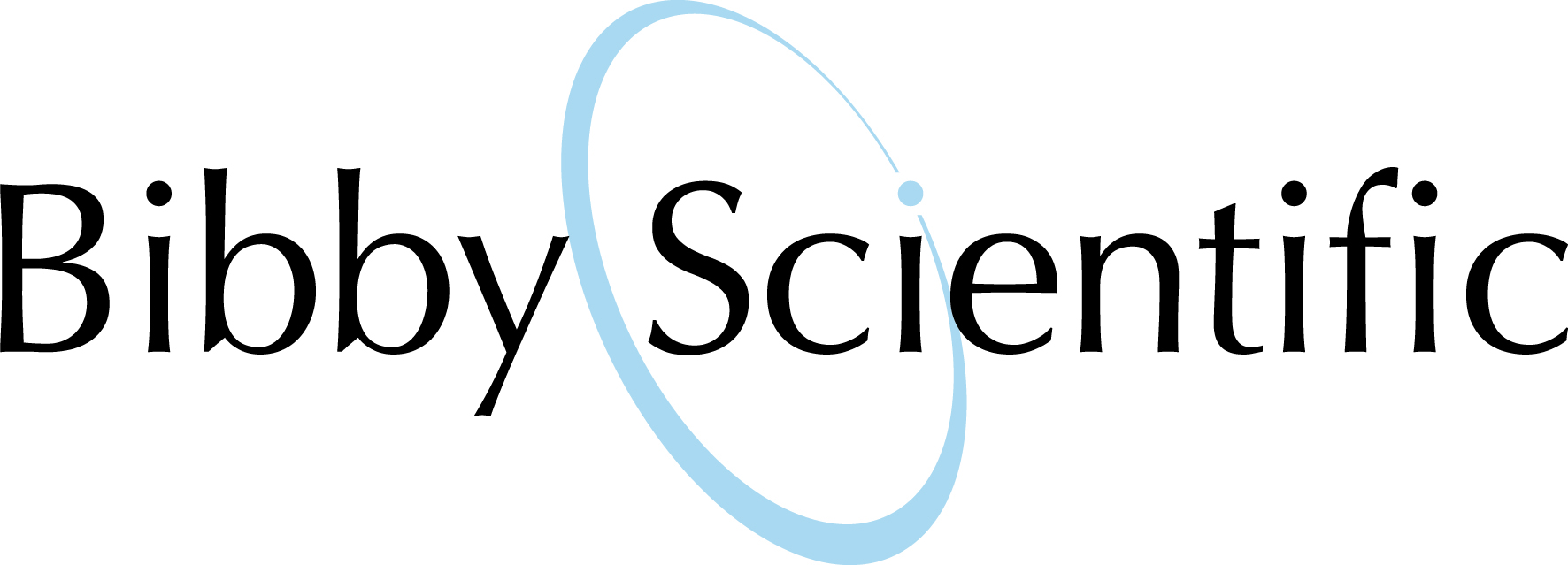Team:Cambridge-JIC/Attributions
Attributions
We would like to thank our supervisor, advisors, and the many people who have generously shared their time and expertise with us, and without whom this project would not have been possible, let alone finished in time…
Special thanks to:
Dr Richard Bowman, NanoPhotonics Center, University of Cambridge
For inspiring our entire project, and providing the basis for our microscope stage with his PiScope (an open-source, inverted, bright-field microscope). Click here for more information about PiScope.
Prof Jim Hasseloff, Department of Plant Sciences, University of Cambridge
For his support and patience as our PI. Particularly for organising consultation meetings, logistics and helping at every step of the way.
Kate Armfield, Post-doctoral research fellow, University of Glasgow
For being a wonderful full-time advisor, who has helped us in all aspects of our project, including logistics, press releases and lab supervision.
Barbara Landamore, Department of Plant Sciences, University of Cambridge
For helping with risk assessments and lab protocols, and sourcing key materials.
Dr George Sirinakis and Dr Alex Sossick, Gurdon Institute, University of Cambridge
For their advice on how to improve the optical performance of our microscope.
Tobias Wenzel, Department of Physics, University of Cambridge
For his constant guidance with optical pathway design and illumination.
Luka Mustafa, Shuttleworth Fellow, IRNAS
For his appraisal of our hardware design and advice on custom PCBs.
Bernardo Pollak, Department of Plant Sciences, University of Cambridge
For his assistance with samples for imaging, and advice about Marchantia.
Thanks also to:
Professor Emeritus Dennis Bray, Department of Physiology, Development and Neuroscience, University of Cambridge
For his talk on bacterial chemotaxis.
Dr James Locke, Sainsbury Laboratory, University of Cambridge
For his advice on the Evolvinator concept.
Dr Nicola Patron, The Sainsbury Laboratory, Norwich
For her feedback on our presentation and microscope.
Dr Jenny Molloy, Department of Plant Sciences, University of Cambridge
For her feedback on our Human Practices project.
Dr Alexandre Kabla, Department of Engineering, University of Cambridge
For assisting with funding, courtesy of the Department of Engineering.
Dr Paul Grant, Department of Plant Sciences, University of Cambridge
For supervision in the laboratory.
Sarah Collins, Tom Almeroth-Williams, Sue Long, and Louise Walsh, Cambridge University Press
For helping with our press releases and our outreach event.
Amanda Whitehead and Dr Shaila Kotadia, Synthetic Dance-ology
For picking our microscope as the focus of their dance workshop.
Prof Clemens Kaminski, Laser Analytics Group, University of Cambridge
For his stimulating talk on Optical Superresolution Imaging.
And last, but not least, Dr Fernán Federici, Dr James Brown and all the other people who have encouraged us and given us feedback.
In terms of collaboration, thanks to:
Glasgow and William & Mary iGEM teams
For sending us some samples to image.
The Westminster iGEM team
For helping us organise a microscopy workshop at their UK iGEM meetup.
Teamwork
Mechanical Design
Simon, Katerina
Optical Design
Simon, Katerina, Ocean
Electronics and Hardware
Souradip, Rajiv, Simon
Software
Will, Souradip, Ocean, Rajiv
Human Practices
Atti
Outreach
Ocean, Olivia, Maria, Will
Wiki
Will, Souradip, Simon, Katerina, Atti, Lorenzo
Graphics Design
Simon, Ocean, Olivia
Documentation
Atti, Souradip, Simon, Maria, Katerina
Sponsorship
Lorenzo, Atti, Maria
Mechanical Design
Optical Design
Electronics and Hardware
Software
Human Practices
Outreach
Wiki
Graphics Design
Documentation
Sponsorship
The entire team was involved, and this allowed members of other teams to chat and ask questions at all three stations while the equipment was being run.
The level of enthusiasm from other team members was extremely encouraging, and we were very surprised by the number of questions about the hardware track in general. We hope that as a result of our worksop, some teams may consider it for next year’s competition.
Perhaps one of the most important outcomes of the workshop was in raising awareness of the role of open source hardware (OSH). We emphasised the degree of collaboration and community that it fosters, in the context of our own project. Underlying this is the ability of other iGEM teams to build, modify and improve our microscope in the spirit of OSH and the competition. We invited and encouraged other team members to look at our designs, tinker with them and think about how they might alter them to fit their specific needs.
ABOUT US
We are a team of Cambridge undergraduates, competing in the Hardware track in iGEM 2015.
read moreLOCATION
Department of Plant Sciences,
University of Cambridge
Downing Street
CB2 3EA
CONTACT US
Email: igemcambridge2015@gmail.com
Tel: +447721944314









